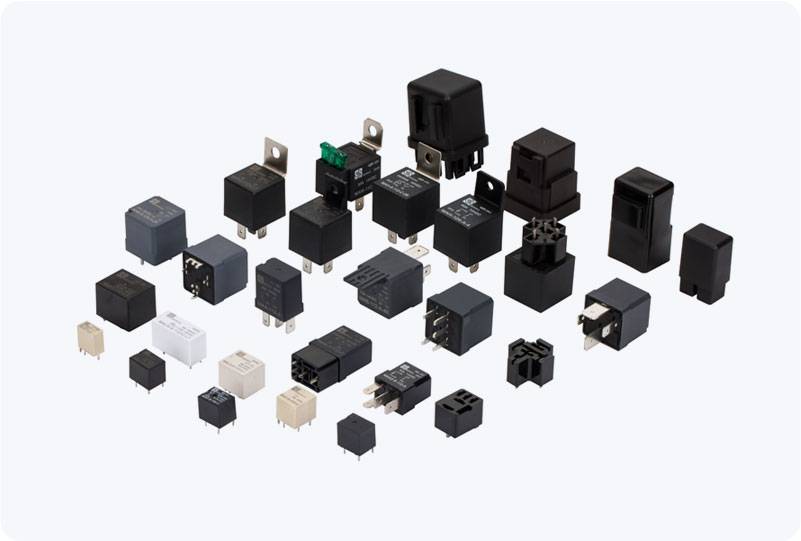The starter motor relay is an integral part of the vehicle’s electrical system, specifically within the starting mechanism. It is responsible for providing a reliable and efficient means of transmitting electrical current to the starter motor, which in turn, helps start the engine. Though a small and often overlooked component, the starter motor relay is crucial for the vehicle’s operation. This article will explain the function, importance, and common issues associated with starter motor relays.

What is a Starter Motor Relay? A starter motor relay is an electromagnetic switch that controls the flow of electricity from the battery to the starter motor. When the ignition key is turned, it sends a signal to the relay, which then closes the electrical circuit, allowing the flow of high-current electricity to the starter motor. This high current is necessary to engage the starter motor, which then turns the engine over to begin the combustion process. Once the engine starts running, the relay disengages, cutting off the current to the starter motor to prevent it from running unnecessarily.